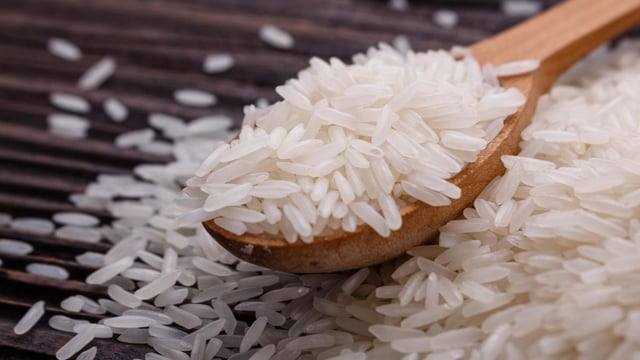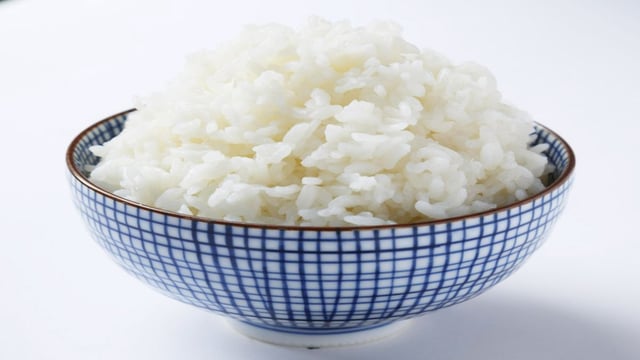Overview
- Sri Lankan researchers demonstrated that adding coconut oil before cooking and chilling rice for at least 12 hours converts starch into a resistant form, reducing calorie absorption by as much as 60 percent
- Increased resistant starch slows blood sugar spikes, supports gut health as a fermentable fiber, and extends feelings of fullness without changing portion size
- Emerging low-carb rice cookers use a steam-and-drain process to wash out excess starch during cooking, with manufacturers claiming up to 30 percent carbohydrate reduction pending scientific validation
- Whole-grain rice varieties such as brown, black, red, and wild rice deliver higher levels of fiber, vitamins, minerals, and antioxidants compared with refined white rice
- Health and environmental issues persist, including arsenic accumulation in rice and methane emissions from flooded paddies, leading the EU to set stricter arsenic limits and fueling interest in alternative grains

